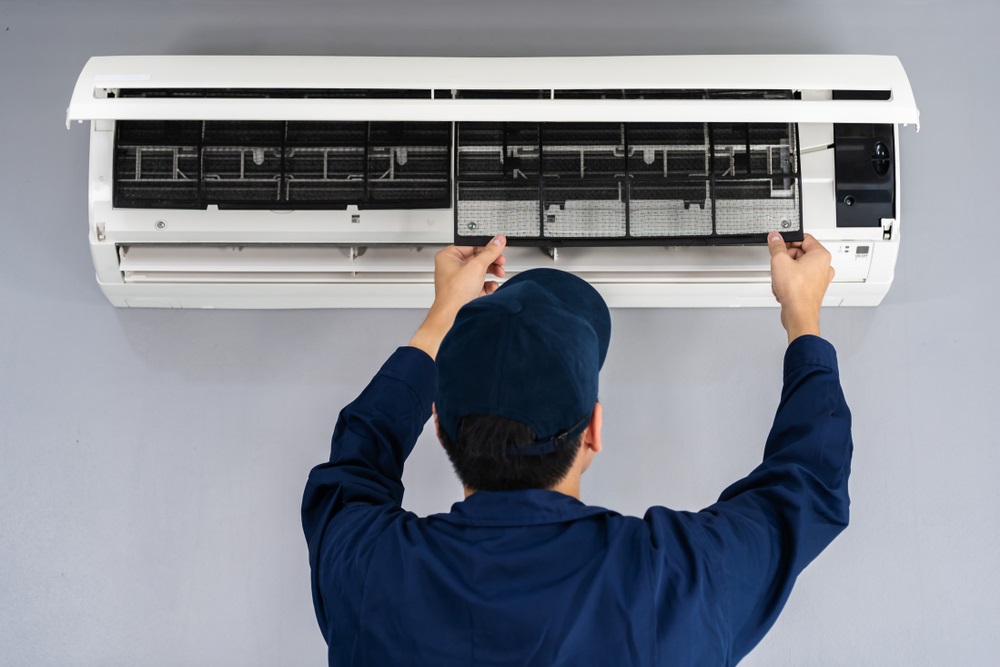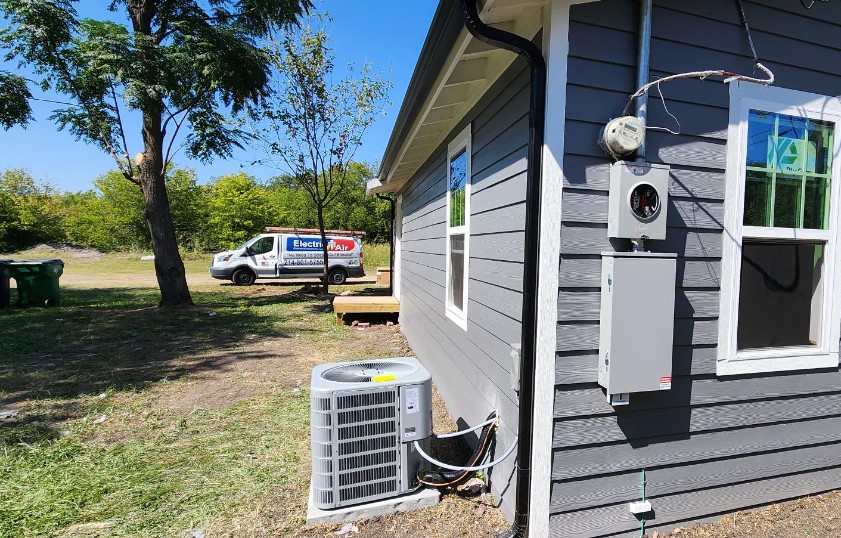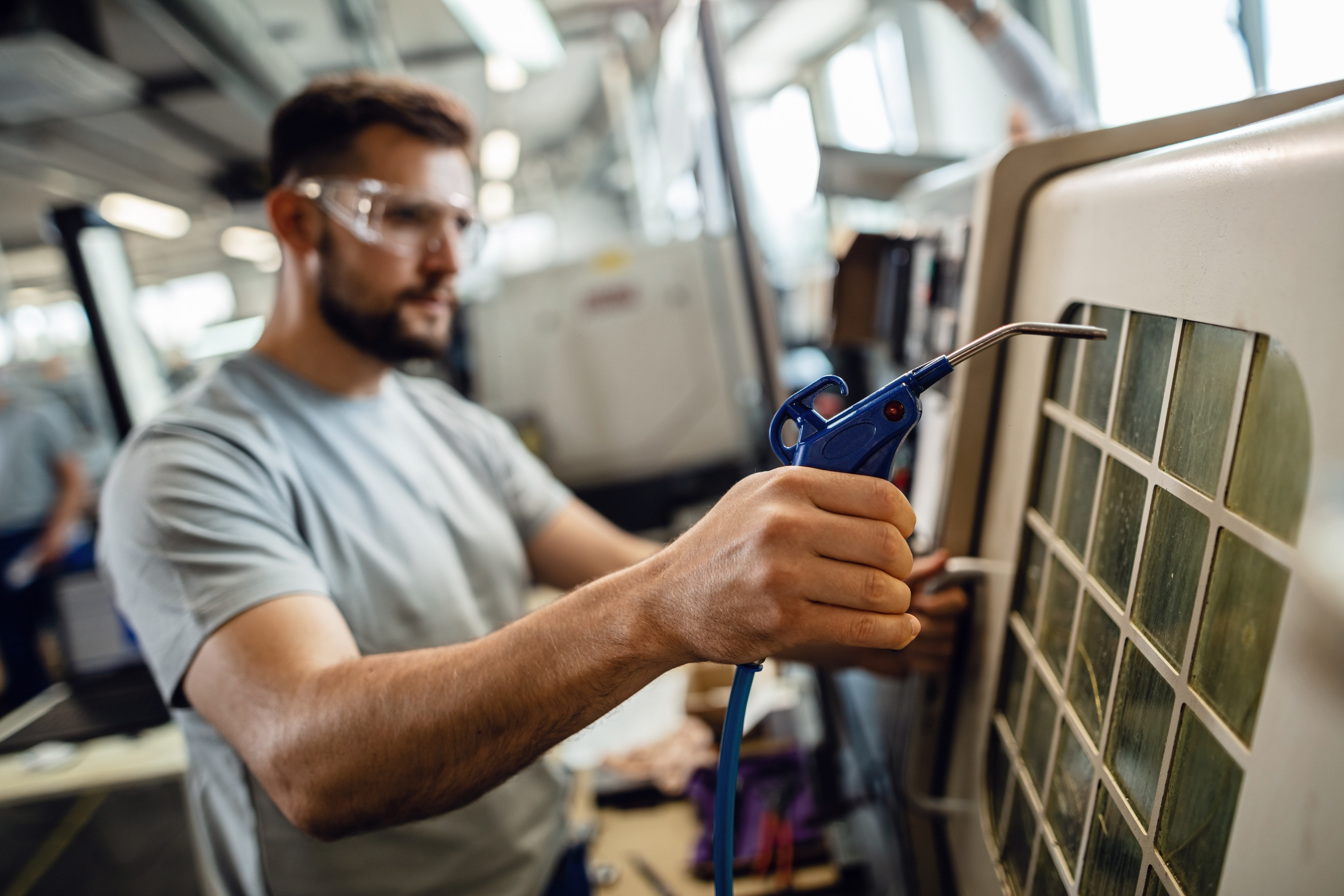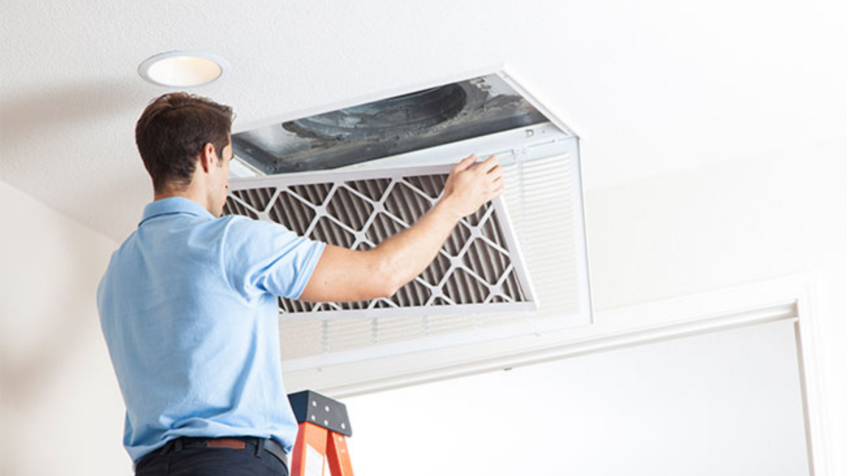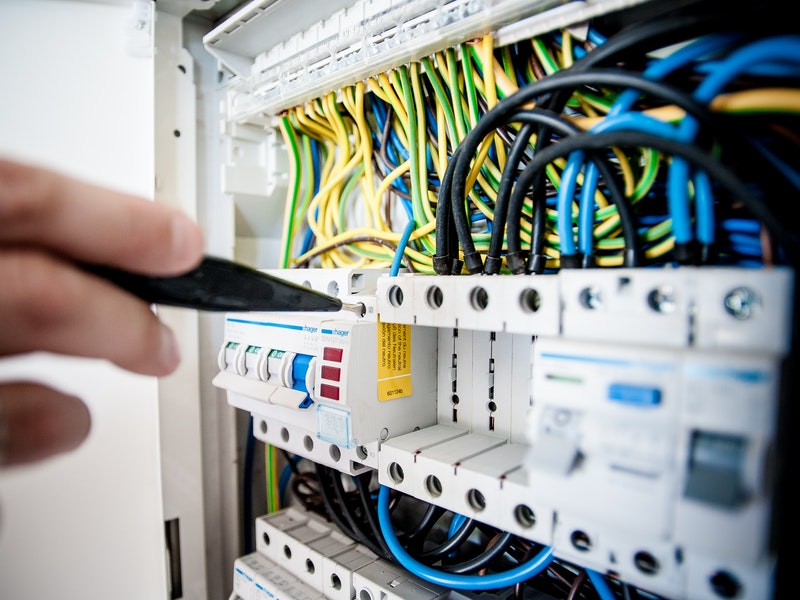A new air conditioning unit is a good investment, but when should you buy it? It’s always best to get the job done when you need it, but there are also some very smart reasons to do it now. Now let’s take a closer look at a few of them.
Summer is a time when costs rise
Supply and demand are the main factors. Air conditioning units aren’t as in demand in the Dallas/Fort Worth area during the cooler spring months. A new air conditioner or HVAC unit will cost more if you wait until the summer to replace your cooling system, as equipment and labor costs will increase.
You’ll beat the crowd:
If you upgrade your air conditioning system in hot weather, you may have to wait a long time before you can use it. As the weather warms up, we see a significant increase in demand in Dallas/Fort Worth. Therefore, you will have to wait, just when you want a new air conditioner most!
Prior to inflation, you can lock in prices:
We are currently experiencing disruptions in supply chains, shortages of materials, and inflationary pressures. As far as prices are concerned, they appear to be on the rise for the time being. You can save money on DFW HVAC system costs by scheduling a job now and locking in prices.
HVAC system replacement: why should you do it?
It is not necessary to sell you on the advantages of central air conditioning if you already have one. Even if you realize that older HVAC systems don’t offer as many advantages as newer units, you may hesitate to upgrade. You may want to consider a new system now because of some good reasons.
The system in your home is aging:
Despite regular maintenance, Fort Worth HVAC systems and air conditioners tend to last about 15 years. You may be keeping cool on borrowed time if you haven’t kept up with maintenance. In addition, poorly maintained systems are inefficient, resulting in higher energy bills.
You’ll be more comfortable with new systems
You can expect better airflow and better control with your new Fort worth HVAC than you can with your older air conditioner. Manufacturers are constantly improving their products.
The air quality will be better for you:
By filtering your air and maintaining humidity at appropriate levels, a good HVAC system can improve your home’s indoor air quality.
Smart homes can be enhanced with new systems:
It’s easy to integrate a new DFW HVAC system into your smart home if you like the idea of fingertip control of your home’s heating and cooling. You’ll never want to go back to your old cooling and heating system once you start controlling it with your smartphone or voice controls.
The value of your home will increase:
The condition and age of your HVAC system is one of the first things potential buyers look at if your house is on the market. You can ask top dollar for an HVAC replacement if it was done recently.
You should replace your system if you notice these signs:
What is holding you back from upgrading your system? You may need to upgrade your air conditioner if you recognize any of these symptoms.
Repairs that occur frequently
It is fine to perform regular maintenance. However, if you are seeing your AC technician more frequently than you would like. While you’ll probably spend less on a repair than on a new HVAC system in the short term, you’ll save money in the long run.
Age:
The lifespan of even the best-maintained systems is limited. You should start preparing for a replacement air conditioner if yours is 10 to 15 years old.
A lack of airflow:
Airflow can be impeded by old, dirty filters. The airflow might improve with the replacement, but if your air conditioner doesn’t keep up on hot days, you might have a serious problem.
A poorly functioning Leakage or condensation that is excessive:
HVAC system is often characterized by excessive condensation around its units.
Energy bills that are too high:
The cost of heating and cooling can vary. However, if you suddenly see a jump in your energy costs, you may need to replace your air conditioner.
Smells and sounds that are unusual:
Your system should be checked if you hear unusual sounds when it runs, or if you detect musty odors.

